On Wednesday, April 19, LGBTQ+ safe zone signs were torn down from four professors’ doors. The following five nights saw continued destruction of the same posters, which were put up again. The vandalism escalated to other human rights posters, such as Black Lives Matter and those showing support for Ukraine.
As of May 3, Grimmis said he had two persons of interest and already interviewed one of them.
“I think that person has had some responsibilities as far as what is expected for the bystander policy, because they were a witness to the sign being torn down on the nineteenth of April,” Grimmis said “On Friday night I made contact with the primary suspect, ultimately made arrangements to meet with them Monday, and got an admission that they had torn down on the nineteenth, which is right about the beginning of all the problems that we started seeing.”
However, Grimmis said that no admission was made concerning the day all the signs were torn down, and therefore the perpetrator, “could certainly be somebody else or a combination of the two of them.” He initially mentioned having “potential charges” but in a later statement he said law enforcement would likely not be involved.
“This doesn’t rise to the level of being a criminal offense,” Grimmis said, “It could be if we were to call law enforcement but they’re going to look at it like it’s a piece of paper. So we’re handling it internally without law enforcement.”
He added that the safe space sign vandalism is a recurring problem, seeming to attract the most damage.
“I think the public and the community needs to know that we have solved this to some degree and we’ve found two people responsible,” Grimmis said. “But I think that it has to take its course in the due process system. As far as consequences, I don’t know how much they’re going to want to say. But I understand people want to know what the consequences are, because if they’re too light then you’re not changing the pattern of behavior and if they’re too stiff then no one is going to cooperate.”
Grimmis declined to describe what type of consequences the alleged perpetrators could face.
Students describe the incident as reminiscent of similar events recently. In the past two years, a swastika was drawn on one student’s dorm door and the f-slur was carved into another. Both events were considered isolated incidents and were settled confidentially.
Grimmis noted that the events are unconnected.
“I think what happened in the residential area of St. Charles with the swastikas was very specific to that door and how it was advertised and essentially, what was being presented on the door in response to that,” Grimmis said. “I think that was very much an isolated issue, especially with the swastika symbol. But I think there’s a bigger problem on campus associated with mixed feelings toward safe space posters and what that poster represents and who it’s there for, unfortunately.”
Discussions of preventative measures are underway, but they often require more resources than what is currently provided.
“I wish we were able to have cameras in all the halls, but with the resources that I have available to me, I’m maximizing their capabilities as much as I can. But [cameras] usually [don’t] get implemented or deployed until I know that there’s a pattern developing.” Grimmis said.
As of May 3, Grimmis said they’ve put a few cameras in place, and people have noticed them. “I’ve identified people that know that the camera is there, in fact, they’re kind of looking for it.” he said. “One of the people that I identified on camera was one of the two people that were my persons of interest. So, any time that the camera’s up nothing has happened… So maybe that is taken care of for the time being, but I see that being an annual trending issue since I’ve been here.”
The acts of targeted violence against students in minority groups has rocked the campus, with some students and faculty calling for an in-depth investigation into how this occurred, why it occurred, and who is responsible.
“This is an atrocity and in some ways it is a decline of civil discourse across the nation,” said Jeanette Fregulia, department chair of history and co-chair of gender studies. “They resort to vandalism instead of sitting down and having a conversation. The message that it sends for the students – I ache for the message that that sends them.”
Several professors expressed concerns over what incidences like this do to the Carroll environment.
“From students who saw the vandalism, I heard a lot of outrage,” said Dean Pavlakis, professor of history and faculty advisor for the Queer Straight Alliance. “They felt righteous indignation that someone would commit vandalism to promote this view.”
This is not the first time vandalism has been used to promote hate toward marginalized groups on campus.
“Based on what I hear the queer students have not felt threatened, they feel unwelcome,” Pavlakis added. “More than one thing is going on such as derogatory statements and other incidents. A student in St. Charles had the word f****t carved into their door. Facilities had to sand it down. It makes me worry that it is more than one person”
Alyssa Puntin, president of QSA, and a senior anthrozoology major from Pittsfield, Massachusetts, expressed her concern about the recent vandalism incidents.
“It is disappointing that someone feels the need to harm a community that only stands for love and acceptance,” Puntin said. “It’s someone fighting against a group that is not trying to hurt them and I wish they would be willing to learn about the community and talk with us so we can grow together instead of trying to tear each other down.”
Puntin noted the importance of punishing hateful behavior to discourage repeated offenses and make it clear that such behavior is unacceptable.
“One of our concerns is that we do not know the consequences that the people who commit these acts are given,” Puntin continued. “We feel like our suffering isn’t worth reprimanding and if others who are also discriminating think there are no consequences, then they will be more likely to repeat the same harmful behavior. They think they can get away with it because we do not know if there has actually been consequences.”
Puntin also noted that this behavior shouldn’t detract from the community that is supportive of students within the communities targeted.
“I think that despite all of these events there is a lot of love and support on campus,” Puntin said. “It is just harder to see because the acts of discrimination are more in your face and louder. I know there is an immense amount of support and love on campus that has made me feel more welcome than the hate has made me feel unwelcome.”
Campus ministry also has officially responded to these unfortunate events.
“Every person is loved into existence by God and has dignity that comes directly from Him,” campus ministry stated via the Rev. Marc Lenneman. “That dignity is non-negotiable even if in the complexity of life each of us can sometimes misunderstand it or act in a manner that is beneath it. Everyone should be treated with respect.
“Consequently, we don’t condone signs being torn off doors. We don’t condone slurs of any type being directed at individual students, groups of students, staff or faculty. We don’t condone Catholics on campus being blamed as the cause of the harmful actions of an unknown individual or individuals. We affirm God’s love for everyone at Carroll and extend our prayers to all.”
Carroll President John Cech denounced the actions in a campus-wide email on April 25 and vowed that students will remain safe.
“First and foremost, I want to express my deepest support for those who have been affected by these incidents,” Cech stated in his email. “Hateful behavior has no place in our community, and we are committed to providing a safe, welcoming, and inclusive environment for all.”
The Carroll community is left wondering why hateful behavior is happening on campus. To better understand the event and come up with more solutions, Pavlakis referred to the Golden Rule, which states “Do unto others as you would have them do unto you.”
“Some of this hostility comes from an impression that their bigotry is rooted in a facet of their religious beliefs,” Pavlakis said. “We have to remember that every major religion has a variant of the Golden Rule in it. We want Carroll to be a place where the Golden Rule, good manners, and civil discourse are demonstrated. That we treat others the way we would like to be treated. We absorb the motion of civil discourse of differing opinions, to the point that it is really ingrained so that it is normalized and this will make it go away.”
Despite the hateful behavior, Puntin highlighted Carroll’s overall loving community.
“I want the LGBTQ+ community to know there is a lot of support here and just because some people decide to make a point about hate it does not mean they are not loved and welcome by so many others on campus,” Puntin said.














